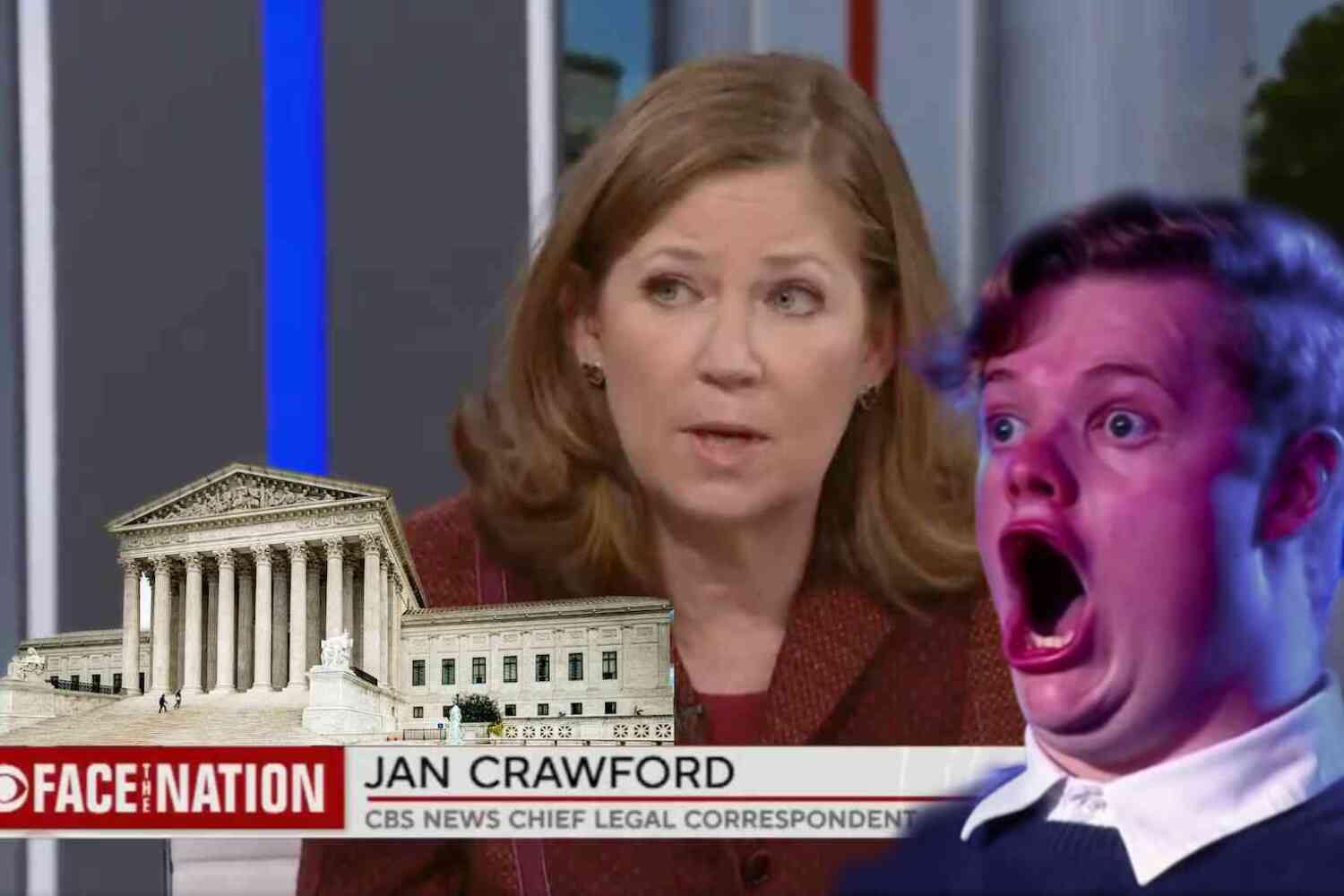A new study published earlier this month by the Scandinavian Journal of Psychology linked woke beliefs with increased anxiety and depression.
(This is where we all pretend to be shocked.)

The study involved almost 6,000 participants in Finland, including university faculty, students, and members of the general public.
Researchers created a simple tool called the Critical Social Justice Attitudes Scale (CSJAS) to measure attitudes toward "critical social justice," which consists of seven statements.
Each statement focuses on a different part of social justice discussions, such as systemic racism, microaggressions, and gender identity.
Take a look:
- "If white people have on average a higher level of income than black people, it is because of racism."
- "University reading lists should include fewer white or European authors."
- "Microaggressions should be challenged often and actively."
- "Trans* women who compete with women in sports are not helping women's rights." (reverse scored)
- "We don't need to talk more about the color of people's skin."
- "A white person cannot understand how a black person feels equally well as another black person."
- "A member of a privileged group can adopt features or cultural elements of a less privileged group." (reverse scored)
For statements marked as "reverse scored," agreeing means taking a stance opposite to what's stated. Reverse scoring ensures that all responses are interpreted in the same direction, even when questions are framed positively or negatively.
The study found women expressed significantly stronger support for critical social justice propositions with "little to no support" from men.

People who supported left-wing parties and female university students in social sciences, education, and humanities, as well as people with ‘other' gender, were the most in support of the scale items. This indicates that, at least in Finland, what Yascha Mounk called 'the identity synthesis,' Tim Urban 'social justice fundamentalism' and others 'intersectionality' or 'wokeness' seems to currently be a gendered phenomenon with little to no support from men and moderate support from women.
The study also found that being aligned with the political left was a stronger predictor of lower mental well-being than having high scores on critical social justice measures alone.
In both studies, [the Critical Social Justice Attitude Scale] was correlated with depression, anxiety, and (lack of) happiness, but not more so than being on the political left was.
...
...being on the political left had similar or slightly higher negative mental health correlations than [the Critical Social Justice Attitude Scale] and the global [Critical Social Justice Attitude] item. Being politically liberal had weaker positive correlations with anxiety and depression, and negative with happiness, than [the Critical Social Justice Attitude Scale] or being politically left had.
Color me surprised.
P.S. Now check out our latest video 👇









